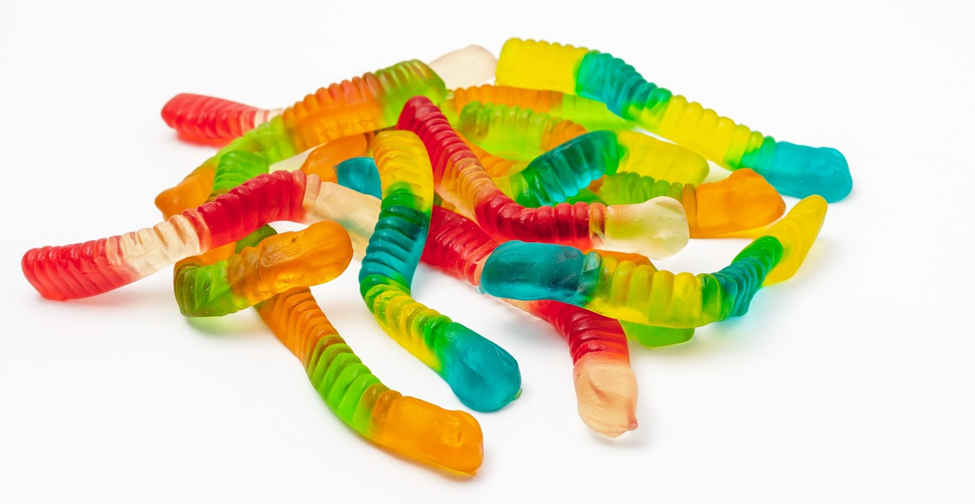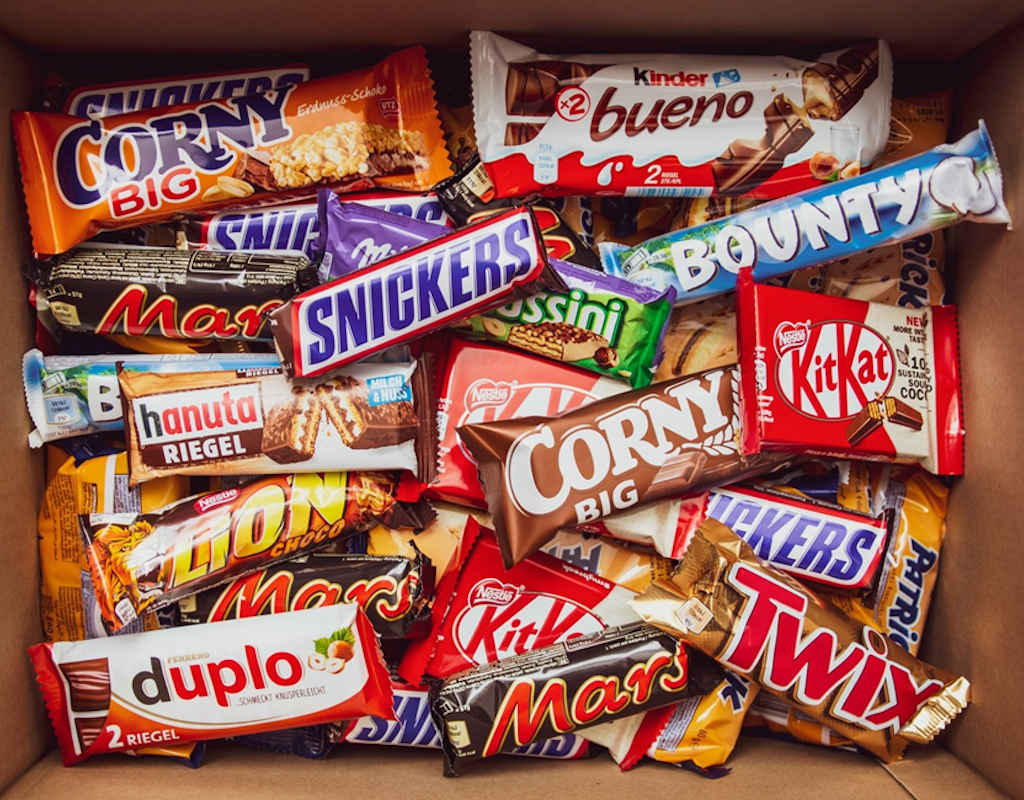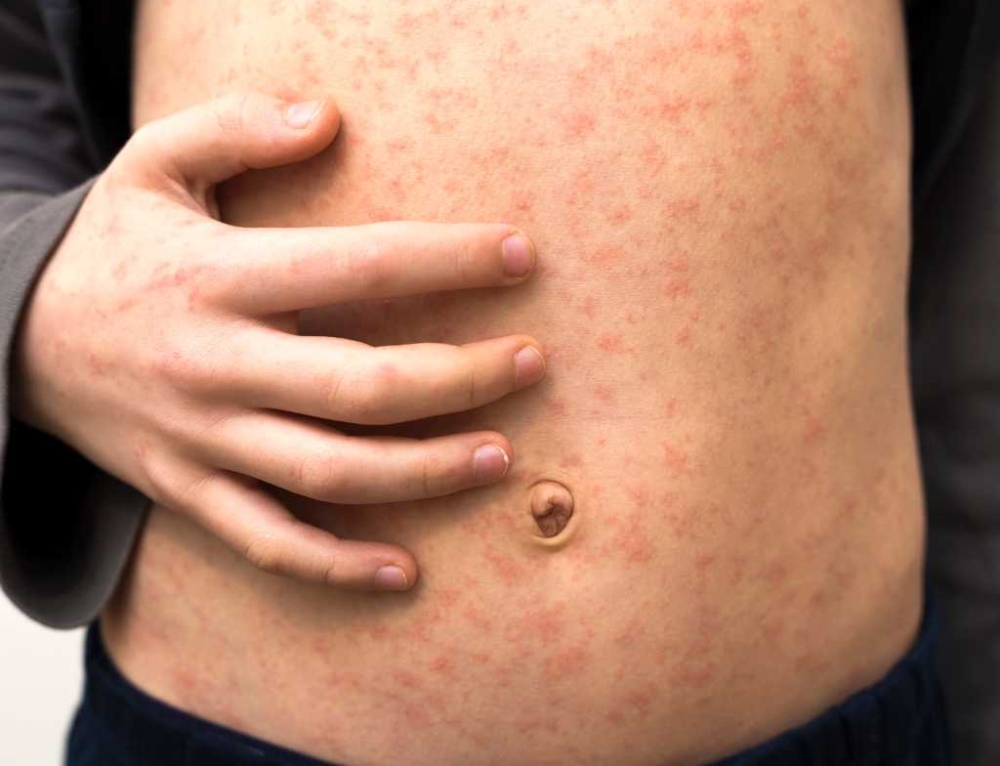You are what you eat. This is true not just in adults but even in children. Our diet affects almost all facets of our life, including our physical and mental well-being. Inevitably, it also impacts oral health.
As parents, we should be mindful of what our kids eat. From sugar to acid, different components of their food intake can have negative effects on their teeth and gums. Read on as we explore the many ways by which poor diet and oral health are related.
Why sugar is the enemy
If there is one major culprit for tooth decay and other oral health problems, it would be sugar. From sweets to chocolates to beverages, kids consume sugar in their everyday lives. They love sweet treats. However, they can have negative long-term effects. While it is common knowledge that sugar contributes to tooth decay, many are unaware of why exactly that is the case.
According to the World Health Organization, free sugars are among the dietary factors with the highest influence on the formation of dental caries. These are added sugars in all forms, which you will find in both foods and beverages. They are present even in fruit juices and sweetened milk. Biscuits, cereals, and cakes have free sugars, even white bread.
Nonetheless, this does not mean that we should deprive our children of the sweet stuff. The key is moderation. The sugar intake of children should be less than 10% of their energy intake. If possible, it should even be less than 5%. If you want to give them food with added sugar, it is best to do so after a meal, consumed as desserts. This is the time when there is increased saliva in the mouth, which can be effective in washing sugar off their teeth.
Limiting the frequency of snacking is also an effective strategy to lessen sugar intake. A lot of children’s snacks have high sugars. If you want to allow them to snack more often, then be selective with your choices, providing them with sugar-free or low-sugar treats.
Acidic foods can cause tooth erosion
A lot of people may already be aware that sugar is to be blamed when it comes to tooth decay. However, many are unaware that acidic foods are also to be blamed. Parents may offer their kids fruits like grapes, oranges, pineapples, and apples, thinking that they are excellent alternatives to sugar-rich snacks. While they can indeed be healthy, they are high in acid, which is also a culprit for oral problems.
Acid, which you can often find in fruits and juices, can demineralise, and weaken the tooth enamel over time, resulting in erosion. While the calcium in the saliva is effective in strengthening the enamel, contact with acid prevents remineralisation. Watch out for some of the most common signs of remineralisation in your child’s teeth, which can include sensitivity, discolouration, cracks, and transparency.
There are some ways by which you can prevent acidic foods from contributing to poor oral health. Do not let children suck high-acid fruits. This will prevent the acid from getting stuck on their teeth. When drinking acidic juices, let them use a straw to minimise direct contact with their teeth. It is also crucial that they rinse their mouth after eating acidic foods or drinking acidic juices. It will wash off the acid in their mouth.
The danger of too much fluoride
When someone mentions fluoride, the first thing that most people think of is toothpaste. Toothpaste regularly includes fluoride as an ingredient, which is also known as nature’s cavity fighter. However, you can also get it from other sources, including water. Fluoride can also be from foods, such as spinach, raisins, potatoes, and grapes.
Fluoride deficiency can cause weak enamel and speed up the presence of cavities. On the other hand, too much fluoride can be a bad thing. Children are at the highest risk of suffering from fluorosis before eight years old. One of the most common signs is having white marks on their teeth. It can worsen as they grow older, especially when not given proper attention.
Sticky foods are also to blame

Children may eat a lot of sticky foods that can damage their teeth. They can cling to the tooth and will leave behind sugar or even acid. As earlier mentioned, these are two things that can be culprits for oral health problems.
Dried fruits are some of the most common sticky foods that can be bad for the teeth of little ones. The same thing is true for caramel bars. After eating sticky foods, let your child rinse with water to get rid of the residue in their mouth. It is also a good idea to brush their teeth right away.
Do not let them chew ice
While we are on the topic of poor diet and oral health, let’s also briefly talk about ice. Of course, it is not part of a child’s diet, but it is inevitable that some kids will chew ice from their drinks. Break this habit while they are young as this can be bad for their teeth.
While tooth enamel is the hardest substance in the body, that does not mean that they are unbreakable. In children, the enamel can be weaker. It can be easily prone to damage when frequently in contact with hard objects, including ice. It can increase the possibility of cracks. When such happens, there is a higher likelihood that sugar and acid will seep in, which contributes to tooth decay.
Good oral hygiene saves the day
While diet is crucial to oral health, it does not mean that healthy eating alone is enough to ensure strong teeth and gums. Aside from diet, pay attention to healthy oral hygiene. Brushing twice a day is a must. Regular flossing is also crucial. Kids should also regularly visit the dentist. This is an opportunity to identify dental problems early on and implement the necessary intervention before any issues worsen.
This article was written by Chelsea Smith, Content Creator for Dentaly.org, with editing by Kidspot NZ.
The appearance of external hyperlinks does not constitute endorsement by Kidspot NZ of the website, information, products or services contained therein.
- Main image by Denny Muller from Unsplash
- Second image by Bill Craighead from Unsplash
See more:







Leave A Comment
You must be logged in to post a comment.